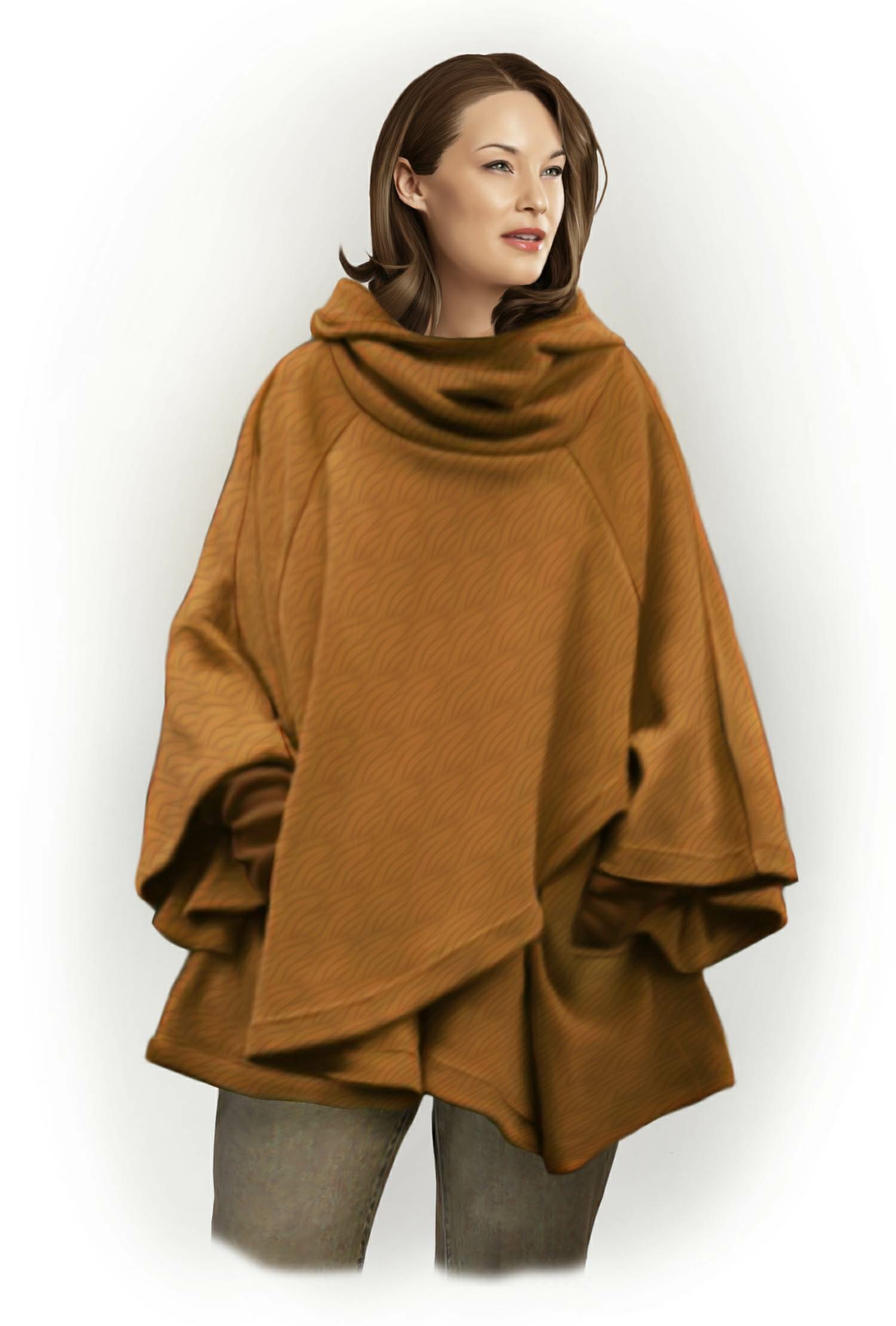

- Mens poncho cape movie#
- Mens poncho cape professional#
It has a historical background to it, relating to the selling of eggs and other raw materials at the plaza in the center of the town (municipality).
Los huevos se pusieron duros (same as Las cosas se pusieron a chavito prieto, the eggs turned hard) <- These last 2 phrases are also known as "Se pusieron los huevos a peseta". Las cosas se pusieron a chavito prieto (comical, to describe a serious economical situation, Things turned for a penny each), also Las cosas se pusieron color de hormiga brava ( Things turned the color of the feisty ant) Said when things are getting tense, serious, or strict. Hacerse el loco - Literally translated as trying to pass off as crazy, it means to try to ignore or distance oneself from a particular situation. someone who has a "guille" of being something they are not much like a "poser" or a "wannabe"). It comes from another Puerto Rican term meaning "guille" which roughly translates as "pride" (but it has a negative connotation) or "delusion" (i.e. Estás tenso, papá! (comical, invented by Sunshine Logrono, a satirical phrase towards homosexuality, Your muscles are tense, daddy!!). It is usually a compliment, like "you're a beast", or "this is awesome") Está(s) brutal!! ( you're brutal!, or it's brutal! could be either a compliment or insult, depending on the situation. Ese salió por lana y llegó trasquilao (comical, meaning that a person went for something, using lana-money as an example, and came back worse than when the person left). En el carro de Don Fernando, un ratito a pie y otro andando -this rhymes in Spanish- (literally translated as in Mr Fernando's car, some of the time walking and the rest also walking) - when there is no working car at reach) - Said to comical effect when there is no car available to use. Literally means to feed wood to the fire, meaning to add to a controversy. Echar leña al fuego warning the person to back off. Mens poncho cape movie#
Farandulera a girl who likes to dress up for any event even if its goin to her front porch, dressing like a movie star.Dejo los tennis en el piso! (comical, he (she) ran so fast that he (she) left his (her) tennis shoes right there!).

Dar un tumbe ( we are gonna kill or steal, criminal, usually used by mafiosos).Como alma que lleva "el" diablo! (comical, he (she) took off running as if his (her) soul was possessed by the devil) - Usually meaning either someone who left very fast or very angry.Literally means to run the machine, meaning to maintain a person conversation on a defensive mode by harassing him. Correr la máquina, warning the person he is beaming misled.Literally it means "to be hanged," but the proper translation of the meaning and usage would be I flunked at school Colgué and its many adjectives, such as colgar, colgaste and others, as in me colgué ( colgué or colgar, when told to a student who is failing in school, is a criticism).It also may refer to the color or fruit "Orange". China - May refer to the country "China", a female from or of Chinese descent.Carajito - Derogatory reference to a little boy.Used the same as Bregaste Cajita e pollo, ("you handled it like a box of fried chicken).
Mens poncho cape professional#
Bregaste Chiqui Starr - Alluding to Puerto Rican professional wrestler heel, it is said to someone who was not of good faith or who has betrayed someone else. Ay que ver como bate el cobre it to be seen how things turn out. Arroz, que carne hay! - Flirt phrase meaning "give me rice to go with all that meat". A mi plín Literally meaning of "I don't care". Ahí va, a las millas del chaflán! (criticism, there he (she) goes, speeding that car with hellish speed!) When somebody is running their mouth. Acángana interjection, similar to "In your face". A calzón quitao - Literally meaning "without pants on," it is used to mean something said without prejudice but also without tact, bluntly honest. It is used to describe something crazy, out of control, disorganized. It is said of a ship at sea, without a sail, having no defined course. Algarete - The word literally means in Spanish wayward, without a given path. ¿Qué es la que hay, ¿Qué es la que estapa?, ¿Qué es la que? (for short) (what's up), ❼laque? (even shorter). 
Mano! (literally means hand, but it is short for hermano, which means Hey brother!). Acho and Chacho are both abbreviations of the same word. Acho (Usually used as a conjunction to bridge between thoughts) - It comes from "muchacho", which means "guy", or more closely related to "man" in English slang, as in hey man, what's up.







 0 kommentar(er)
0 kommentar(er)
